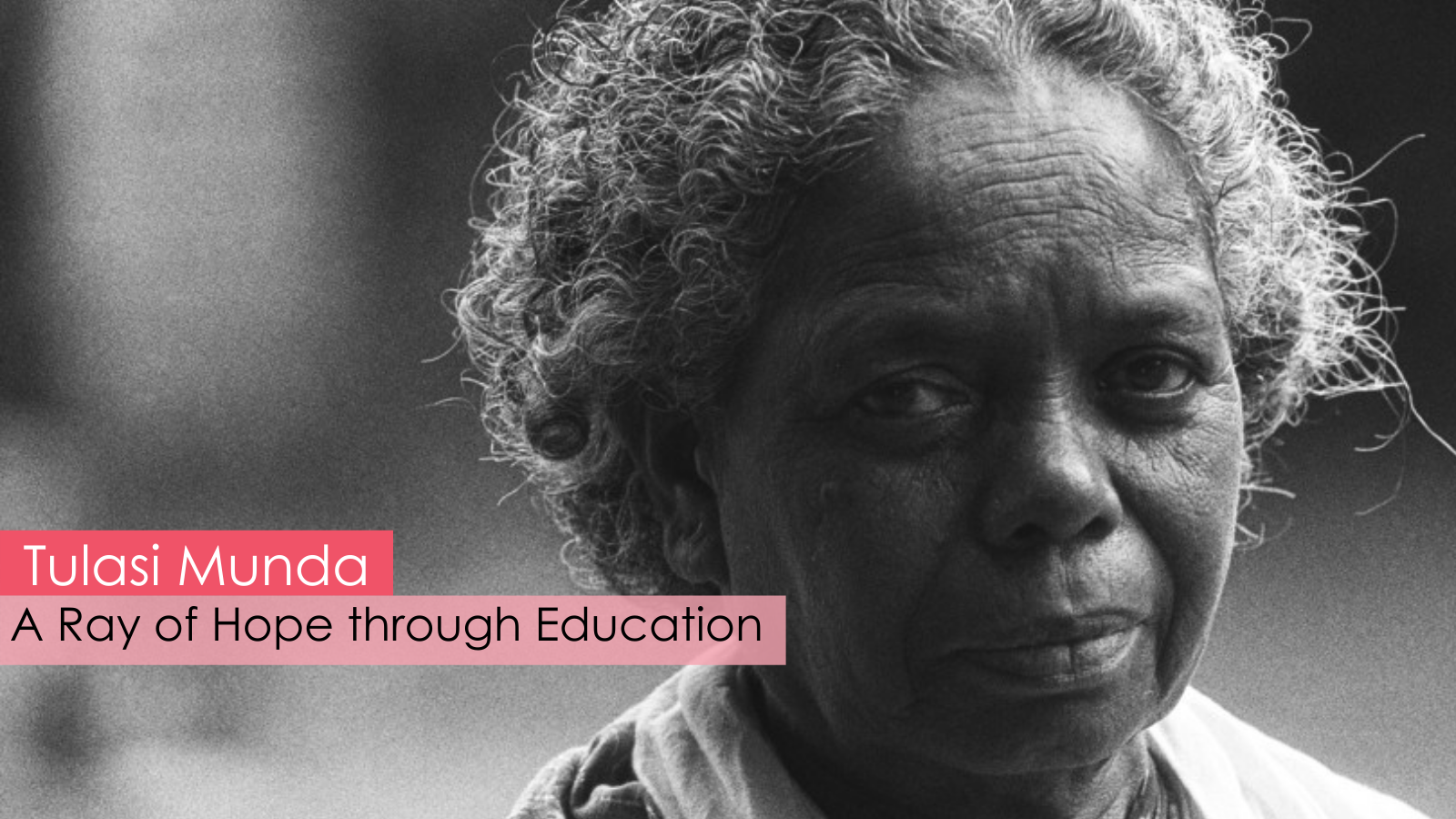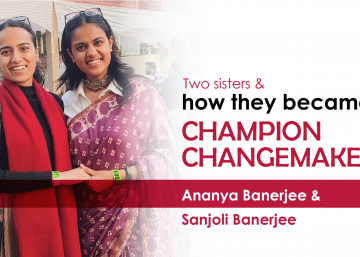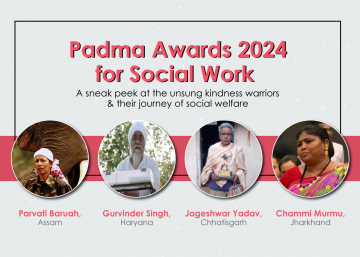Born in 1947, Tulasi Munda started exhibiting her freedom and fresh way of thinking at a very young age in Orissa. While children in her locality played, tended to agriculture or worked in iron ore mines, Tulasi wanted to study. Unfortunately coming from one of the backward regions of Orissa, her desire to study and educate herself was futile.
In 1959, when she was about 12 years old she moved to live with her sister in Serenda, a village around 65 km away. She earned Rs 2 a week by cutting stones, sifting iron etc while learning alphabets whenever she could. Times were tough yet she carried forward and continued educating herself. In 1961, she was introduced to social workers like Malti Chaudhury, Roma Devi and Nirmala Deshpande, who were committed to social work, especially educating women. She traveled with them spreading the need for education across the country. At the same time, she also met Vinobha Bhave and was inspired by his vision and commitment to donate land (Bhoodan) and improve the lives of poor villagers.
On her return in 1964, she resolved “As long as I have breath in my body, I will fight illiteracy.” and thus began her journey to educate children and eradicate illiteracy. She firmly believed illiteracy was the root cause of all the evils around her – poverty, unemployment, superstition, fear.
Education was the tool to free the people’s minds from the ignorance of the evils. While her drive was strong, the execution of her idea was not as simple. The villagers, on one hand, felt that educating girls was ridiculous, and on the other felt that the boys had to work in mines and earn their livelihood so why to waste time on learning alphabets in English and Hindi. But this didn’t deter Tulsi’s drive to make a change. She started teaching on her verandah in the evening after persuading the local Pradhan. She had 30 students to start with who she taught basic alphabets and numbers. While she taught in the evenings, she attended Bhave’s bhoodan movement during the day. Eventually, the school took up most of her time, and villagers who worked long hours of the day would treat it like a daycare facility. She didn’t mind, everyone was welcome.
Over time, the verandah got too small and Tulasi moved to a plot of land with a shed, outside the village. It was densely populated with trees and bushes, the children were scared to come at first. But that didn’t worry Tulasi, she continued to live and teach from there for the rest of her life. It is a tribute to her will and commitment to make a change in the lives of rural India.
She has transformed over 20,000 lives over the last 40 years while establishing over 17 schools. She has been awarded The Padma Shri and has been provided donations to run her schools. Despite the recognition and the award, she believes there is a lot more to do. Problems and issues are surfacing at every point in human existence. We need to rise together to fight the evils of poverty, illiteracy, unemployment, and superstitions.
#Education #Empowerment #WomenEmpowerment #Children #Kindness #Teaching







